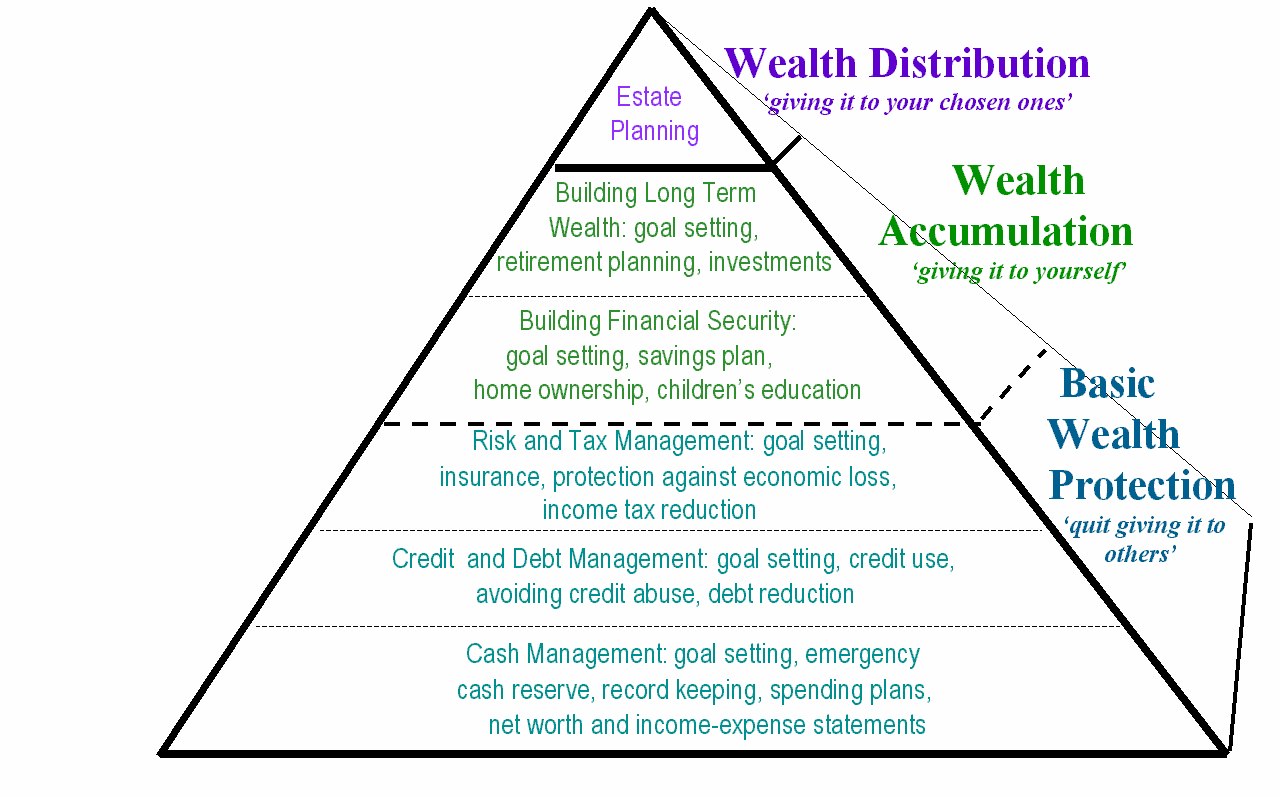Because the tax code is so complex and the responsibility of retirement funding has shifted from employers to individuals the value of a professional planner has never been greater.
Step One
Talk with your spouse about the personal and financial goals that are most important to you.
- Real Estate
- Children & Education Funding
- Business Development
- Retirement / Travel
- Estate Planning / Giving
Step Two
Analyze your savings potential, prioritize and set goals.
- Asset & Liability Balance Sheet
- Annual Income and Expense Check
- Current Plan’s Strengths & Weaknesses
Step Three
Get Professional Advise & Products
- Insurance
Which Companies, What Types, How Much & How Long
– Life, Health, Medicare Supplements, Disability, Long Term Care
- Investments
Goals, Liquidity, Investment Vehicles, Taxes, Portfolio Allocation, Distribution/Income
- Wealth Preservation & Estate Distribution
Wills, Executor, Trust title/type, Assets, Officers, Beneficiaries, Charitable Giving
*Any information on this page is not intended to provide legal, accounting or tax advice. You may wish to consult a competent attorney, tax advisor or accountant. Anchor Financial Services LLC works in conjunction with legal and tax professionals for estate planning.


